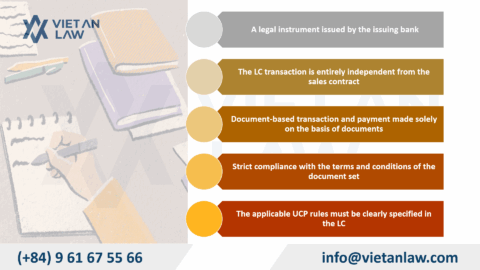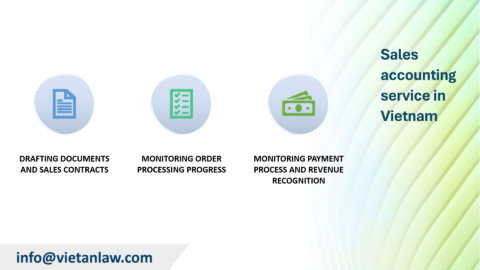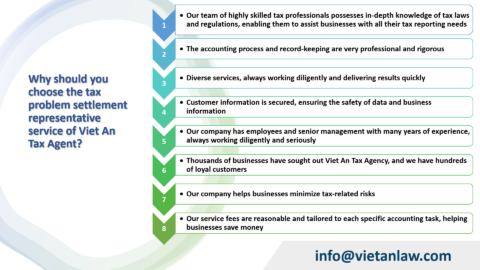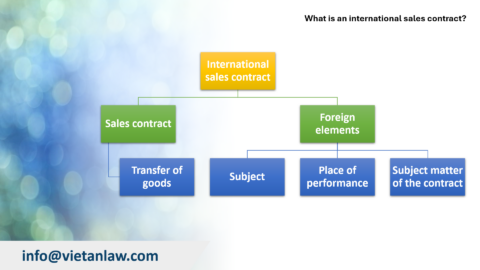Nowadays, goods transportation activities between countries are increasingly happening. However, Vietnamese businesses are still facing many difficulties when drafting international freight contracts. To solve this problem, Viet An Law Firm has compiled some important advice related to drafting international freight contracts in Vietnam as follows.
International freight transport is a form of transporting goods from one country or territory to another country or territory worldwide, beyond the country’s territorial borders. This includes the use of a variety of means and modes, including road, sea, air, and rail, to move goods from the place of production to the place of consumption or from the place of export to the place of consumption. import. There are two common forms of international freight transportation as follows:
In commercial practice in general and international trade in particular, there are many criteria for classifying goods transportation:
International transportation of goods is carried out through contracts. This is a type of transportation contract with foreign elements. International freight contracts have an organic relationship with international goods sale contracts. In the simplest terms, an international freight contract is an agreement between the parties. In which the carrier has the obligation to transport goods from this country or territory to the agreed upon location in another country or territory to deliver those goods to the person entitled to receive them, the lessee. The carrier is obligated to pay shipping charges.
An international freight contract is a type of service contract of an international nature. Vietnamese law currently does not have specific regulations on contracts of an international nature, however, the international nature of contracts involves signs of subject, object, and legal events. Therefore, the international nature of the contract of carriage of goods is shown in the following signs:
An international freight contract is signed between the carrier of the goods and the freight hirer or consignor.
An international freight contract is a bilateral contract with compensation. The two parties in an international freight contract, the carrier and the charterer, have corresponding rights and obligations to each other. The carrier has the obligation to preserve and transport the goods to the right location and at the agreed time. The charterer pays shipping costs to the carrier as agreed.
When drafting an international freight contract, there are a number of important considerations that parties need to consider to ensure that the contract is tightly constructed and protects the interests of all parties involved. Here are some important points to note:
The contract needs to clearly identify the parties involved, including the shipper (exporter), the consignee (importer), and the carrier. This helps clearly define the responsibilities and rights of each party.
The contract should provide detailed information about the goods, including the name of the goods, description, quantity, value, weight, dimensions, and any other information relevant to the carriage of the goods.
The contract should clearly define the conditions and rules of transportation, including the type of transportation used (ship, boat, car, train, etc.) and mode of transportation (sea, air, road, rail), estimated delivery time, pick-up point, and delivery point. Also note any special terms (e.g., shipping fragile items).
The contract needs to specify the fare, payment method, and payment term. This may include shipping costs, insurance, customs fees, and any other fees related to shipping. In addition, because this is an international contract, the parties need to record the payment currency to avoid possible disputes.
The contract should specify which party will be responsible and liable for the cost of insuring the goods in the event of fire, loss, or damage during transit.
Clearly define the estimated time for delivery, including date and time. If the parties cannot enter into a contract on a specific date and time, the parties can enter into a contract over a period of time, for example: The last week of December.
Clearly define regulations related to customs and taxes, and identify the party responsible for customs procedures and related costs to estimate shipping costs within the allowable capacity of the contract.
Above is an article detailing the drafting of international freight contracts. If you have any difficulties related to contract drafting consulting, please contact Viet An Law Firm for detailed advice




